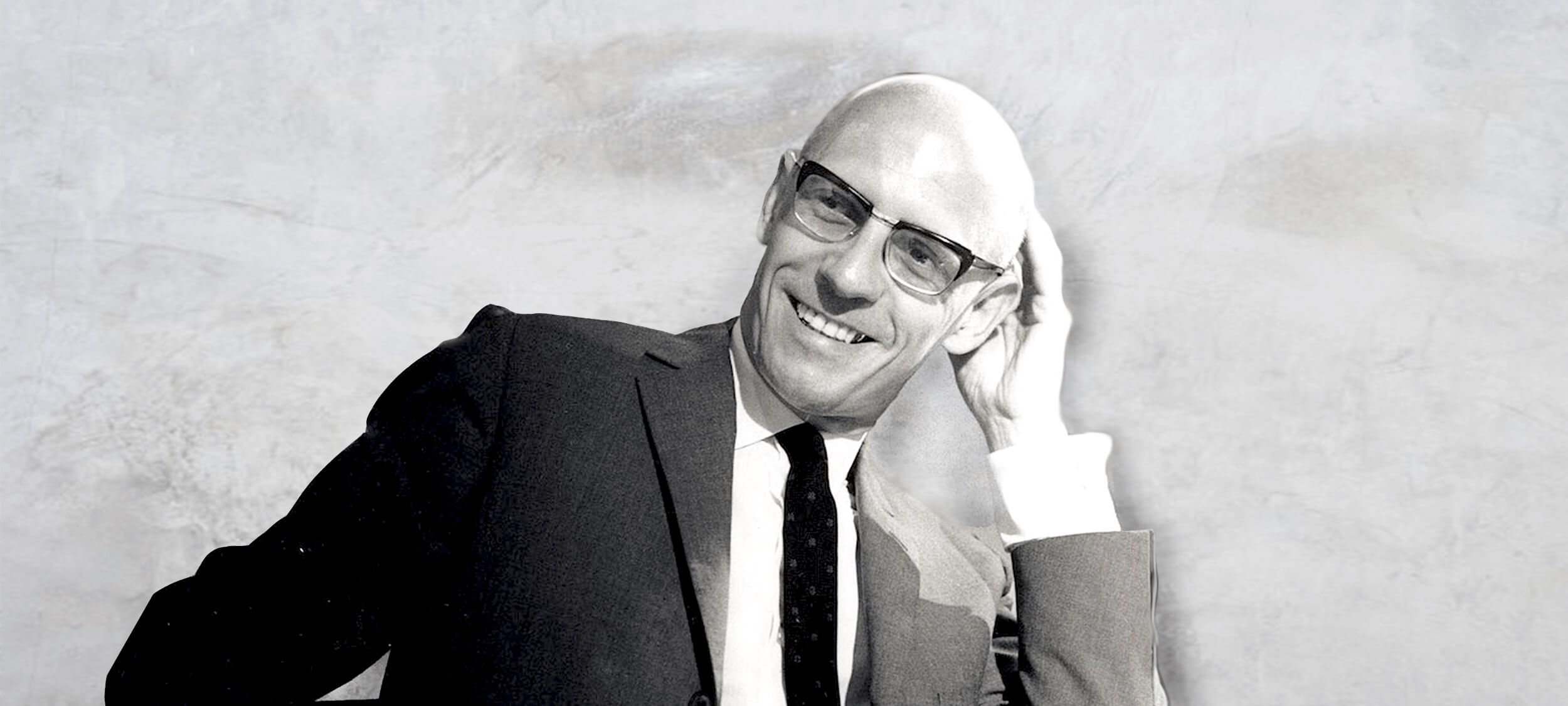
The self and the other: Squid Game’s ultimate choice
Opinion + AnalysisRelationshipsSociety + Culture
BY Joseph Earp 25 NOV 2021
In the world of Netflix’s smash hit Squid Game, a collection of desperate people must make a terrible choice: they can either keep living their lives, which are filled with debt and suffering, or they can submit to the titular competition, a series of contests based on children’s games. If they win these contests, their debts will be absolved. If they lose, they will die.
*Spoiler warning for Squid Game
The Australian philosopher Peter Singer would call this an “ultimate choice.” Although on the surface, it is a decision as to whether or not to live with debt, in a much deeper sense, it’s a decision about how to live. The very foundational beliefs of Squid Game’s frantic characters are being challenged. What matters to these people? What do they want out of life? And, just as importantly, how far will they go to get it?
The State of Nature
Squid Game depicts a world of pure barbarism: guided by their desperation, its characters form alliances only when it is mutually beneficial to them, and are often as quick to betray one another. In episode three, for instance, Sang-woo uses insider knowledge of the next contest to get himself ahead, concealing from his supposed allies that he is already aware of what is about to occur.
True acts of kindness sometimes flash through like fish glimpsed at the bottom of a river – consider Hwang Jun-ho, whose participation in the world of Squid Game is guided by the love of his brother – but such moments of empathy are few and far between.
The depiction of such a blood-thirsty, self-interested world is one the philosopher Thomas Hobbes played upon in his construction of the “state of nature.” According to Hobbes, human beings who exist in this state live in a way that is “nasty, brutish, and short.” In such a primal state, one without government, there is no centralised means of understanding or enforcing what is right and wrong, and self-interest is the name of the game.
“So long a man is in the condition of mere nature, (which is a condition of war,)” Hobbes wrote, “private appetite is the measure of good and evil.”
Hobbes believed that the only way to avoid this state of nature was to submit to a governing force – to hand oneself over to a power that could create and enforce a set of rules, known as the social contract. The world of Squid Game contains such a governing force, the shadowy world of the VIPs, who run the games for their own amusement.
But rather than guiding the games’ participants out of the state of nature, the VIPs further deepen and enforce it. The rules that they develop are explicitly designed to keep the desperate players in a world of confusion and barbarism, where self-interest is rewarded, and chaos is the name of the game. The lives of the participants are nasty, brutish, and short, and their spurning of ethics in favour of desperate attempts to get ahead is actively rewarded by a system that runs, above all else, on violence.
 Image: Netflix
Image: Netflix
The suspension of the moral code
This system, vicious as it is, pushes ordinary people to extraordinary lengths. The characters of Squid Game are, for the most part, simply and vividly drawn – they are defined above all else by their desire to absolve their debts and live freely. That one desire is all it takes for them to suspend the usual moral code that most of us live by, and to act in frequently horrific ways.
Even Sang-Woo, one of the more honorable characters in the show, ends up making deeply immoral choices, culminating in his decision to hurl the glassmaker off a platform in a final act of desperation. He has no stable set of ethics – his code is shaped by a system that thrives on horror and pushes human beings to consider their fellow brethren as little more than tools to be used and discarded at whim.
In this way, Squid Game offers a gleefully cruel riposte to the notion of virtue ethics. Its characters do not act in consistent, moral ways, as virtue ethics imagines that agents do. Although it takes a combination of financial ruin and a system deliberately designed to sow mistrust and horror for them to abandon their usual moral principles, it still brings up some uncomfortable questions about how easily we might abandon our ethics in the real world.
With a kind of horrifying elegance, the show also reveals just how fragile our notion of solidarity can be. We might want to believe that there are bonds between ourselves and even total strangers that cannot be broken – a kind of communal well-spring of trust that stops abject violence from breaking out. But dangle the mere proposition of a debt-free life in front of people willing to do anything to save themselves and their families, and this sense of community breaks horribly down. The show’s participants are alienated not only from their own moral code, but from each other. They are strangers in the deepest sense of the term, the simple, child-like games of the show’s title obliterating any sense of shared humanity.
But can these participants be blamed for their actions? Derek Parfit, the English philosopher, would argue not. It was he who developed the notion of “blameless immorality”, conditions under which people can be forced into vicious actions for which they are not culpable. The heroes of Squid Game are propping up a system that perpetuates further horror, certainly, but their autonomy has been radically diminished. They are little more than puppets, guided by powers outside of their control, their actions no longer their own.
 Image: Netflix
Image: Netflix
Ethics Versus Self-Interest: The False Choice
Squid Game rests on the principle that self-interest and ethics are at loggerheads with one another – that choosing to do good for others leads necessarily to a sacrifice for oneself. Yet, it’s worth analysing this supposed dichotomy between self-interest and a good, ethical life.
Certainly, the notion that helping others requires us to sacrifice something for ourselves is an old, pervasive myth – it’s why we can view do-gooders as suckers, wasting time on the help of others instead of getting ahead. As Singer notes, such a view was particularly prevalent in the ‘80s with the rise of Wall Street, a world where duping the market – and even your supposed friends – had considerable benefits.
Act immorally – lie, cheat and steal – and you too could become a power player, with more wealth than you dreamed of.
But is there really such a distinction between being self-interested and acting ethically? Could it not be that this is merely an old capitalist myth, designed to perpetuate a system that thrives on “othering” and isolation? After all, viewing our interests as separate from those around us requires us to believe that we are sealed off from the social world, that there is some kind of line to be drawn between behaviours that are meaningfully “ours” and those that belong to others.
In actual fact, it is worth moving away from such an individualist notion of the self, and towards a more communal one. As it happens, the characters of Squid Game are actively hurt by the ways that they are forced to view themselves as alienated from their fellow competitors. It benefits only the show’s mysterious villains, explicitly capitalist and murderous sociopaths, for the heroes of Squid Game to believe in the line between what will help them, and what will help their friends. When, in the penultimate episode, Gi-hun suggests to Sae-byeok that they team up against Sang-Woo, Gi-hun makes the fatal mistake of believing that she has anything to gain through Sang-Woo’s misfortunes.
Such a move away from individuation is not easy. Indeed, Squid Game has a breathtaking nihilism to it –there is no easy way for the characters to escape this deep alienation from one another. The system does not permit it. In the words of Audre Lorde:
“…the master’s tools will never dismantle the master’s house.”
As philosopher Mark Fisher once wrote in his explication of capitalist realism (the notion that capitalism has pervaded every aspect of human life and is now essentially inescapable), even the ways in which Squid Game’s doomed characters attempt to overthrow their bonds are subsumed as part of those very bonds themselves.
Just as anti-capitalism becomes tainted by capitalism, the means of overthrowing the system sold as one more product, the characters of Squid Game have no recourse by which to escape the individuation that they are fatally trapped in. Their very attempts to connect with one another are undermined by the rules of each game, like the marble game, where voluntarily made pairs are then forced to kill each other.
Squid Game is thus a word of warning. In its terror and violence, it is a reminder to always strive for community, away from individuation and towards a system in which we see fellow agents as more alike us than not. Hope might not be possible for the show’s protagonists, whose very rebellion is neutered at every turn. But, if we resist the moral alienation and deep individuation thrust upon us by capitalism, it might be possible for us.
Ethics in your inbox.
Get the latest inspiration, intelligence, events & more.
By signing up you agree to our privacy policy
You might be interested in…
Big thinker
Politics + Human Rights, Relationships
Big Thinker: Michel Foucault
Opinion + Analysis
Health + Wellbeing, Relationships
Eight questions to consider about schooling and COVID-19
Explainer
Relationships
Ethics Explainer: Moral Relativism
Big thinker
Relationships




